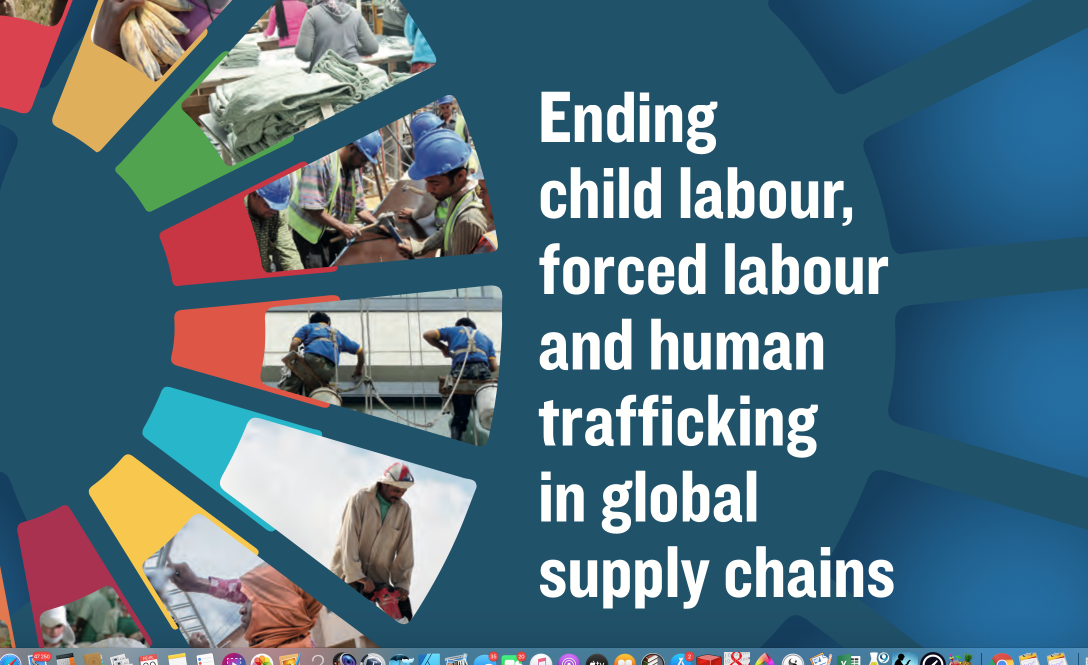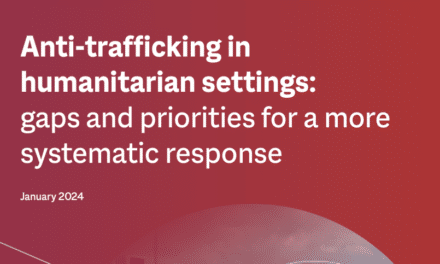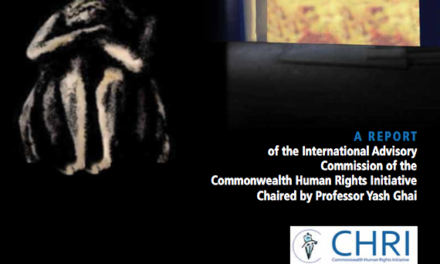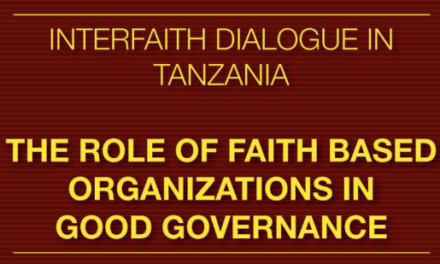Scientific and legal elements :
The implementation of in vitro fertilization techniques leads to the conception of human embryos, some of which are not implanted in a woman’s uterus for birth; they are then frozen and stored: more than 220,000 in France at the end of 2015[1]. The question of using them for research has therefore arisen. With regard to the couple, the conditions of their necessary consent are specified by law[2].
Stem cells. Since 1998, “stem cells” (scs) have been identified in the human embryo. From embryonic cs, one can potentially produce a new human organism (cs called “totipotent”) or any type of human tissue (cs called “pluripotent”). Research on these embryonic cs has developed rapidly. To date, the expected results have not been achieved except, in part, in cardiac and ophthalmological matters.
There are other so-called adult “stem cells”, especially those from cord blood or the umbilical cord itself[3]. Thanks to these adult cs, many treatments are possible (leukaemias, burns, lesions).
Since 2007, scientific teams have reprogrammed adult cells into “pluripotent” cells: these are called “induced pluripotent stem cells” (iPS).
French legislation. It went in the direction of a broader search possibility. The Act of 29 July 1994, having enshrined “respect for human beings from the beginning of their lives” in the Civil Code (art. 16), accordingly provided for the prohibition of all research that undermines the integrity of the human embryo. The law of 6 August 2004 introduced temporary exemptions to this prohibition for embryos no longer the subject of a “parental project”, with a view to “major therapeutic progress” and “provided that it cannot be pursued by an alternative method of comparable effectiveness”. The law of 7 July 2011 broadened the derogations by replacing the “therapeutic” purpose by a “medical” purpose, while asking to favour alternative research to that on the embryo[4].
A reversal was introduced by the law of August 6, 2013: it abolished “the formal expression of the principle of prohibition of research on the embryo[5]”, to replace it by a system of authorization under conditions, as well as the obligation to promote alternative research. Finally, the law of 26 January 2016 on the “modernization of our health system” authorizes, in the context of medically assisted reproduction, research on gametes intended to constitute a human embryo or on the human embryo in vitro before or after its transfer for gestation purposes, if each member of the couple consents (art. 155). They are then conducted in accordance with research involving the human person: prudence, consent and gratuity[6].
The “Oviedo Convention”, ratified by France, states: “1. Where in vitro embryo research is permitted by law, the law shall ensure adequate protection of the embryo. 2. The creation of human embryos for research purposes is prohibited.” (art. 18).
Anthropological and Ethical Issues
A simple principle guides ethical reflection: “Medical research must refrain from interventions on living embryos, unless there is moral certainty that it will not harm the life or integrity of the unborn child and its mother, and provided that parents have given free and informed consent for the intervention on the embryo.
According to CCNE, there is talk of continuing research on human embryos and human embryonic stem cells, in particular by “maintaining a human pre-implantation embryo in vitro[8]”. However, since the fusion of gametes, the human embryo has developed in a gradual, continuous and coordinated process. From the beginning, he is a “new human individual” in his own right who “must be respected as a person.
CCNE has defined the human embryo as “a potential human person[10]”. The expression seems to indicate that it would lack elements to reach the full stature of “human person”. It can be more accurately understood as recognizing a “person in the making”: a person whose physical, intellectual, emotional and spiritual potential will unfold if he is welcomed into his great vulnerability and if no obstacle is put to his development.
If the human embryo needs a “parental project” to develop, it is not this project that grants it a personal status: “The reality of the human being, throughout his existence, before and after his birth, does not allow us to affirm either a change of nature or a gradation of moral value, because he possesses a full anthropological and ethical qualification. The human embryo thus has, from the beginning, the dignity proper to the person.” It is therefore not possible to distinguish between a pre-implantation status and a different status of the implanted embryo. He is an “embryonic body[11]”.
Research on both embryos and embryonic stem cells, insofar as it involves the destruction of human embryos, considered and used “as mere “biological material”[12]”, represents a serious ethical transgression because it affects a human being whose extreme vulnerability tends to mask his dignity. The instrumentalization of a human being can never be justified, even for a hoped-for therapeutic purpose. And even less to feed basic research, for example to improve the results of the GPA. Debates and law have always expressed, with embarrassment, the respect due to the human embryo, even if it means organizing exceptions to this respect, often in order to be able to do research.
Ethical transgression is all the less justified since stem cell research, whether adult, cordon-derived or induced pluripotent, does not encounter any major ethical objection. They should be more strongly encouraged as they promote cell therapy. On the condition that the benefits are opened jointly and severally, avoiding purely private management of cell banks, which would be reserved for wealthy patients or better-off countries[13].
Research on the human embryo itself is to be promoted provided that it respects its integrity and has as its purpose a better diagnosis in order to treat it while allowing its development until birth. The Church encourages “science as a precious service for the integral good of life and for the dignity of every human being” (Dignitas personae, no. 3).
——————————————————
[1] Cf. Rapport médical et scientifique de l’Agence de biomédecine 2016. Les recherches sur l’embryon et sur les cellules énumérées dans la fiche sont soumises à un rapport annuel rendu public ; Code de la Santé Publique, art. L. 1418–1‑1.
[2] Voir J.-R. Binet, Droit de la bioéthique, LGDJ, 2017, p. 298–299.
[3] La première greffe mondiale de cellules souches issues du sang de cordon a été réalisée en France en 1988 par Éliane Gluckman. Voir CCNE, Avis n. 117 du 23 février 2012.
[4] La loi a prévu une clause de conscience pour les chercheurs ne souhaitant pas travailler sur les embryons humains ni sur leurs cellules souches. Notons que la question du statut juridique de l’embryon humain demeure en suspens : voir Aude Mirkovic, « Statut de l’embryon : la question interdite », La Semaine juridique (JCP), G, 2010.
5 J.-R. Binet, op. cit., p. 293. A été supprimé « le principe explicite d’interdiction qui traduisait […] l’essentiel devoir de respect de l’être humain dès le commencement de la vie », in ibid., p. 54.
[6] Cf. J.-R. Binet, op. cit., p. 278–289.
[7] Congrégation pour la Doctrine de la foi, Instruction Donum Vitae, 22 février 1987, I,4.
[8] Cf. CCNE, Dossier de presse, « Les thèmes des États généraux », fiche n. 2, 18 janvier 2018.
[9] Voir, Donum Vitae, I,1. Selon deux objections, la présence d’un individu humain dans le zygote est niée : les jumeaux monozygotes et les fausses couches naturelles. À ce sujet, voir Pascal Ide, Le zygote est-il une personne humaine ?, Téqui, 2004, ch. 7 ; Vincent Bourget, L’être en gestation, Presses de la Renaissance, 1999.
[10] Avis n. 1 du 22.05.1984. Voir aussi les discussions dans deux Avis : n. 8 du 15.12.1986 et n. 112 du 21.10.2010.
[11] Congrégation pour la Doctrine de la foi, Instruction Dignitas Personae, 8 Septembre 2008, n. 5 et 4. Voir Alain Mattheeuws, « Le « corps embryonnaire ». Une avancée de Dignitas personae », NRT, 134/n. 4, 2012, pp. 606–627.
[12] Ibid., n. 19. Voir Mgr P. d’Ornellas et alii, Bioéthique. Questions pour un discernement, Lethielleux/DDB, 2009, ch. 2.
[13] L’Église « exprime le voeu que les fruits de cette recherche soient rendus disponibles même dans les zones pauvres et dans celles qui sont touchées par la maladie », in Dignitas personae, n. 3.


























